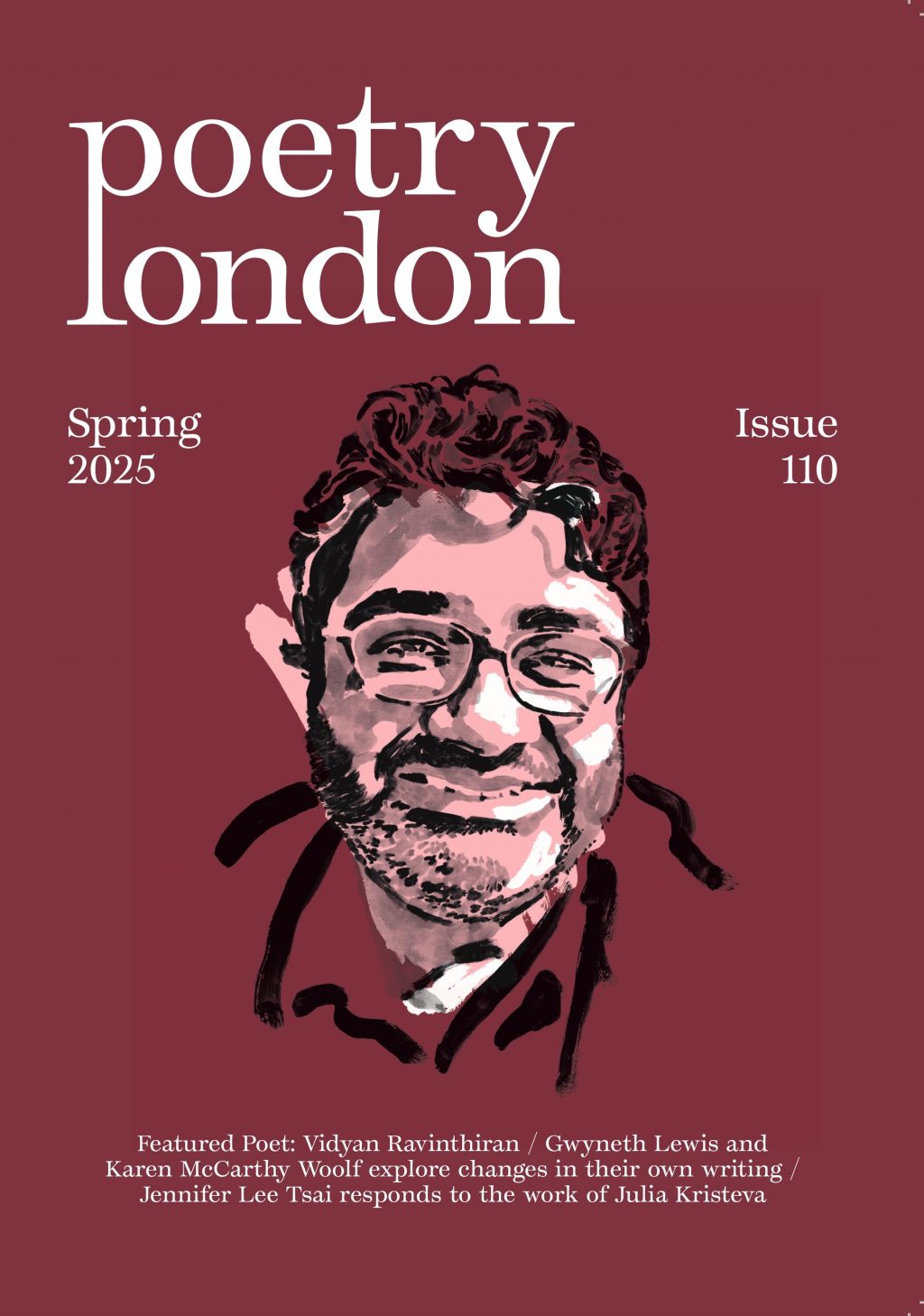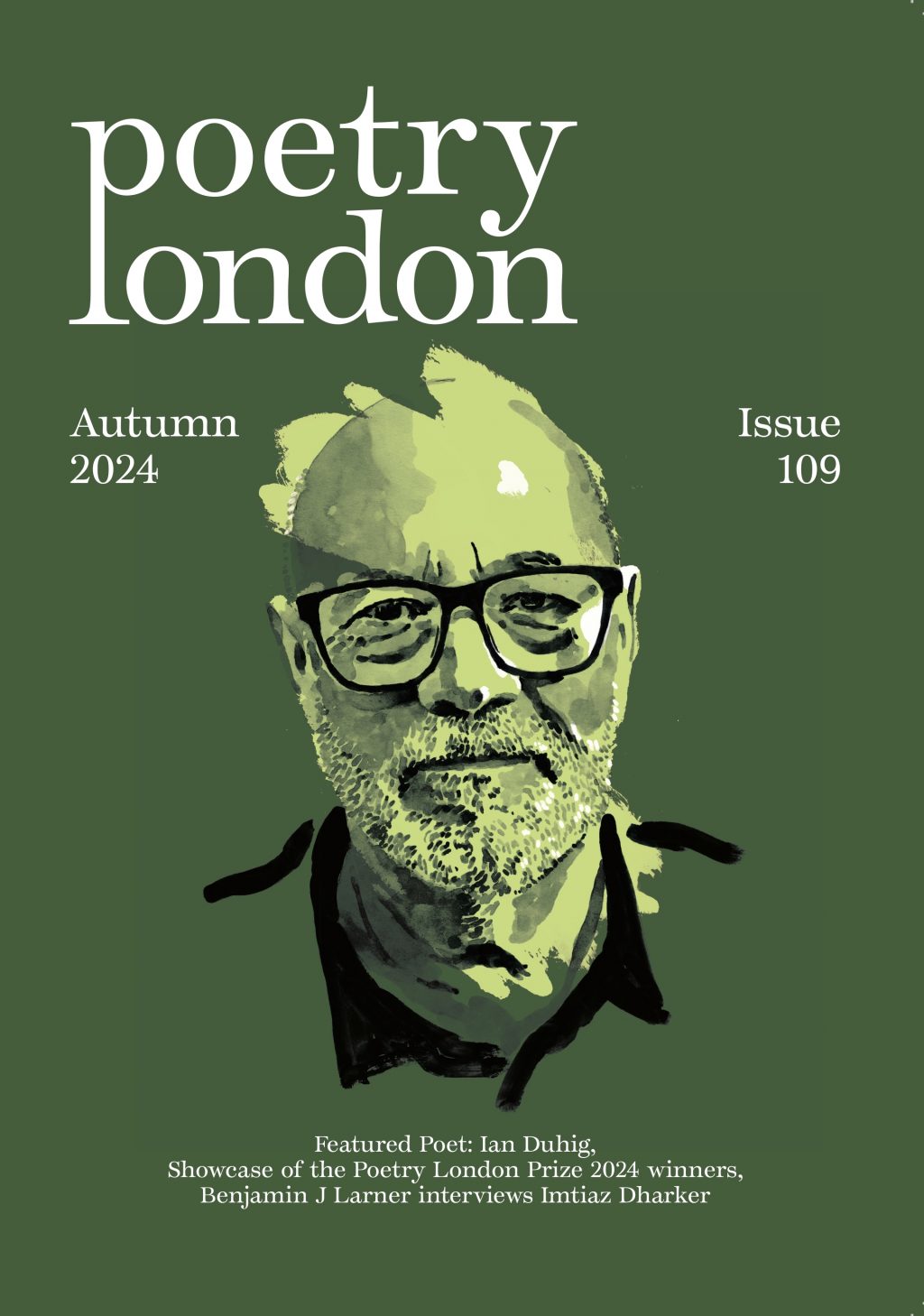On Feeling and Rancour (or What Makes Us So Sure We’re Right About Poetry?)
Jon Stone
by Jon Stone
An odd thing: whenever I see or hear the words ‘my father’ in a poem, I almost immediately tune out. It’s like a deactivation switch. Sometimes I have to fight the urge to visibly sigh, groan, or slump. In most cases, what follows is me catching myself, redoubling my willpower, and tuning back in – since I realise that I’m being rather hasty. After all, there are many ways that the words ‘my father’ might be effectively or surprisingly used, and everyone ought to be permitted to reflect upon their relationship with their father – or any other family member – through their art.
The reason I tune out is not really disdain for the poem, or even the phrase itself; it is disdain for, as I see it, the privileging of such poems over others due to subject matter alone. A ‘my father’ poem will often be found powerful, moving, dignified, and wise, for reasons that I strongly suspect have more to do with cultural doctrine than any quality of the poem itself. That is, I imagine the audience getting a cheap kick from the performance of filial devotion, the same way a national flag or baby animal acts as a positive emotional trigger for other kinds of audience. I tune back in, on the other hand, because I recognise my own reaction as similarly unconsidered, similarly emotional, and rooted in personal doubts, demands, and sensitivities. But then I wonder: is either reaction really invalid? By what logic do we say that any response to a poem – even boredom or anger – is wrong?
The question is complicated by the fact that our reactions occur in the context of (and are usually informed by) other people’s reactions. Rory Waterman’s op-ed, ‘(Good) Person Poems’, published previously in this journal, prompted responses which he complained misunderstood his points and attributed to him more extreme views than those which he actually holds. Some commentators, reading between the lines, took Rory to be aligning himself with a certain faction – a faction which believes, or is believed to believe, that younger poets writing about political identity and personal trauma are wasting everyone’s time. Rory’s judgement does seem to involve a degree of presumption. In the piece in question, he comes across as certain that the powerful emotions he feels in response to poems by Larkin, Hardy, and Bishop are authentic indicators of these poems’ quality and humanity, whilst the positive responses elicited by examples of ‘my politics/identity/trauma’ poems are mere expressions of faddism.
So, what is the malfunction here exactly? Let’s begin by saying that poetry is fraught with feeling. We read it, at least in part, in order to feel something. We pass it around in order to distribute those feelings more widely. We write it (those of us who write it) very often off the back of a feeling, as a way of processing, preserving, or organising feeling. Thus, we also read it (some of us, some of the time) in order to share in what the author has felt. If we are projectivists in the mould of Charles Olson, we may even believe that a poem’s reason for existing is to transfer feeling, as energy, from writer to reader.
But what we feel when we read a poem does not actually come from the poem; it comes from us. The poem plays a significant role in shaping what we feel, of course, but so do the circumstances in which we read it. The depth and breadth and number of our own literacies, for one, are decisive factors; we need to know what to do with the words, how to plumb them for combinations of sound, image, and meaning. This is not an ability that simply expands the more we read and learn; some meanings occlude others. One can be blinkered by knowledge or habit, miss the wood for the trees.
Then there are our biases and attachments. My ill-feeling toward ‘my father’ poems comes from the same place as Rory’s ill-feeling toward ‘my politics/identity/trauma’ poems: the sense that what people are actually responding to is affirmation of already-existing feelings and tendernesses, or that a poem’s chief function is to present the poet as a sympathetic or respectable member of their tribe. Posture, it seems, is highly valued; indeed, it’s arguably the only thing of worth that anti-intellectual conservatives are able to find in poetry.
Additionally, we are primed to respond in certain ways by the methods in which poems are trailed, introduced, built up. We are particularly predisposed to a positive reaction, I would suggest, when the poet’s name ‘rings out’, to borrow an epithet from The Wire – perhaps not so much that we appreciate every poet on whom the spotlight shines, but certainly to the extent that an existing reputation has us blowing up party balloons before we’ve read the first word. And feelings can, to some degree, be willed. We may feel a certain way because we think we ought to feel that way – according to social convention, say, or to fit in or make friends, or because we are compelled by a spirit of rebellion or contrarianism.
In general, we’re also more likely to suspect others of feeling things for the ‘wrong’ reasons than to doubt our own passions – especially when surrounded by reactions that differ from our own. It’s from this double standard that so much rancour is generated, as we weigh the authenticity of our own feelings against the presumed inauthenticity or shallowness of others’. We may even go so far as to believe that our own feelings represent a natural, neutral ‘human condition’, against which all others can be judged as perverse.
To some degree, therefore, the whole of contemporary poetry culture is accused of engaging in an orgy of faked pleasures and admiration by those who feel only frustration and boredom when they encounter the artform. But we are just as quick to accuse each other, if somewhat more slyly. Endorsements may compare a poet very favourably to a nameless cavalcade of frauds and pretenders. ‘The real thing!’ etc. We speak scornfully of ‘fashionable’ poets or poetics, and talk fondly of a future in which the dust has cleared and some tyranny of the present has ended. The belief that a stifling, clamorous nonsense is being perpetrated upon us is widespread, even if we differ greatly as to what form it takes.
Why are the stakes so high that we can’t just let one another feel whatever we feel and leave it at that? Partly due to the finite space on shortlists and in anthologies, and the opportunities linked to them; partly because of the tale that gets told, the history that is written by the victors; and partly because of the gnawing need in some of us to have our feelings and judgement ratified – perhaps to relieve us of the burden of carrying them alone.
That is why, it seems to me, one encounters so much more insistence than critical reflection. Since whatever opinion one holds is not reliably shared by others, the claim must be repeated over and over in order for it to have the flavour of truth. And while some, in a different context, choose to insist via the medium of placards and organised protest, others apply equivalent pressure by securing the relevant pulpit – which is why so many introductions, papers, and editorials prattle on about a poet’s greatness.
But blunt rhetoric is just as often wielded in support of new, upstart poets as old, embattled heroes. How often are we told that a work is ‘vital’ and ‘urgent’, as if to aggressively circumvent our critical faculties; as if stopping to consider the sensory appeal of a poem were a form of nitpicking? ‘Join us’ – ‘No, join us’, chant rival schools of worship.
I would like to suggest that all forms of frothy and belligerent insistence are ultimately unproductive. This includes the skirmish of breathless superlatives, but also the loading of opinion pieces with conspicuous markers of authority, the attempts to prefigure consensus. I suggest that we would all do better to examine our feelings and what prompted them more closely. It is a major issue in critical culture that instead of doing so, we attribute quasi-mystical qualities to poems, and imagine that these will act upon every reader in a similar fashion.
No one, after all, is really out to objectively measure the worth of poetry; we all have our ulterior motives, our reasons to pursue certain judgements and outcomes. The question is how, in these circumstances, we are to go about reaching one another – since we are supposed to be in the business of sharing and distributing feeling, of advancing understanding and enriching each other’s inner lives.
The answer, in my view, is that we must be prepared to be more open, more ruthlessly honest, about the private roles we play in our interactions with poems. We must think about who we are in relation to them. We are stifled, I suggest, by an unspoken moratorium on articulating negative feelings and reactions, since these feelings, when properly unparcelled, may be even more instructive than positive ones. The trick is to remember that negative feelings don’t necessarily represent final judgements but are instead a process of reconciling ourselves to a poem’s existence. The more we share about what processes are triggered by our reading, the more we open up the poem as an object of enquiry.
Imagine, then, a culture where we instinctively respond to our favourite poems not with theatrical applause and the compulsion to see our opinion widely reflected, but with interest in the subtle variations of feeling they incite in ourselves and others. Imagine poets being valued not as master manipulators and paragons, but as enablers of readers’ own investigatory procedures, through which we come to understand ourselves and one another better. Imagine enthusiasm no longer curdling into hostility because someone else feels differently.
The only reason this shouldn’t become reality is if I have badly underestimated the degree of shallowness in the average poetry reader’s response. By which I mean: when we break down our reasons for liking or not liking a poem, perhaps too many will find that they’re looking for someone to tell them they’ve got it right, or that they enjoy voyeuristically peeking into the lives of others, or simply wish to feel a vicarious sense of occasion. Then again, to come back to my original question, what’s so wrong with that? As long as those people can concede that their reaction is no more or less valid than that of someone who throws the book across the room, they are entitled to their pleasures. Insofar as there is more to poetry than this, however, we should be prepared to map our own partialities much more comprehensively.

